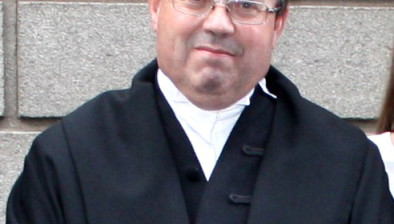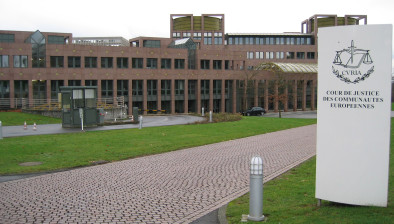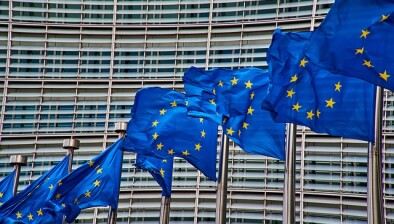Advocate-general sides with European Commission in €14bn Apple tax case

The Court of Justice of the European Union (CJEU) should overturn a 2020 ruling that Apple does not owe €14 billion in back taxes in Ireland, an advocate-general has told the court.
The European Commission and the Irish government have long been at odds as to whether Apple benefited from an unlawful tax arrangement which broke EU state aid rules.
The dispute centres on two Apple Group companies, Apple Sales International (ASI) and Apple Operations Europe (AOE), which were incorporated under Irish law but not tax resident in Ireland.
In 1991 and 2007, Ireland issued two tax rulings approving the method by which ASI and AOE proposed that their chargeable profits in Ireland should exclude profits generated by the sales of Apple products outside the USA as a result of intellectual property licences held by the companies.
In 2016, the Commission said this was wrong and ordered Ireland to collect back taxes for the years 2003–14, the longest period possible in law.
The Irish government denies illegality and won a significant victory in 2020 when the General Court of the European Union (EGC) ruled that the Commission “did not succeed in showing to the requisite legal standard that there was a selective advantage” for Apple.
The Commission subsequently lodged an appeal, asking the CJEU to set aside the judgment of the EGC. A hearing took place in May 2023.
In an Opinion published this morning, Advocate-General Giovanni Pitruzzella proposes that the CJEU set aside the judgment and refer the case back to the EGC for a new decision on the merits.
He said the EGC committed a series of errors in law when it ruled that the Commission had not shown to the requisite legal standard that ASI and AOE’s profits from the intellectual property licences had to be attributed for tax purposes to the Irish branches.
He is also of the view that the EGC failed to assess correctly the substance and consequences of certain methodological errors that, according to the Commission decision, vitiated the tax rulings.
In the advocate-general’s opinion, it is therefore necessary for the General Court to carry out a new assessment.
An advocate-general’s opinion is not binding on the CJEU, but in practice it is unusual for the court to significantly dissent.
Commenting, finance minister Michael McGrath said: “I note the Opinion of the advocate-general. It is important to bear in mind that this Opinion does not form part of the Court of Justice of the European Union judgment but is considered by the court when arriving at its final ruling.
“My department and the State’s legal team will consider the full Opinion of the advocate-general in detail.
“It has always been, and remains, Ireland’s position that that the correct amount of Irish tax was paid and that Ireland provided no state aid to Apple. We now await the judgment of the Court of Justice of the European Union on this matter.”










